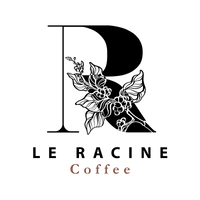Cajamarca terroir
The Cajamarca terroir in Peru offers an exceptional backdrop
for the cultivation of specialty coffee. Nestled in the mountains
Andean, this region benefits from high altitudes, soils rich in
nutrients and an ideal microclimate. Coffee trees, cultivated with care
by dedicated farmers, produce grains of high quality
exceptional. The Cajamarca harvests are characterized by their
floral and fruity aromas, lively acidity, and refined sweetness. THE
unique terroir of this Peruvian region is a treasure for
coffee lovers looking for a sensory experience
unforgettable.





















